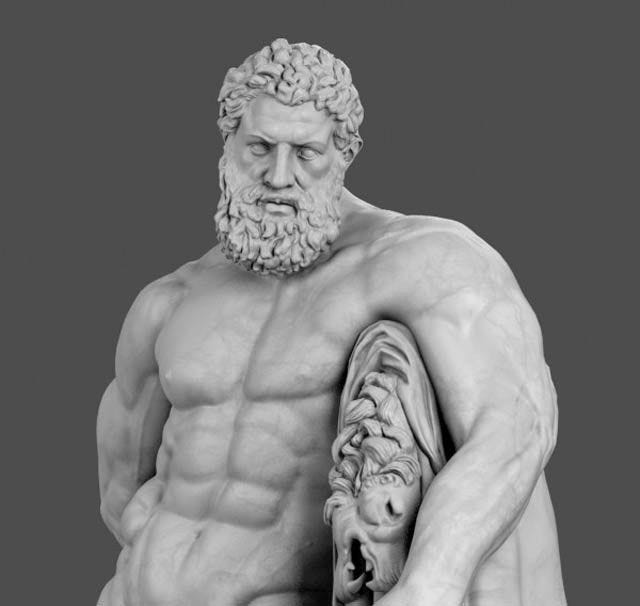On The Nietzschean Worldview
be first, be elite
Mankind ought constantly to be striving to produce great men—this and nothing else is its duty. - Nietzsche
I often find myself surrounded by people that find my habits and ways of doing things contrarian, unique, and atypical. I do things for a reason, my actions are carefully thought out and maniacally maintained. So, as Tyler The Creator says - I have…



